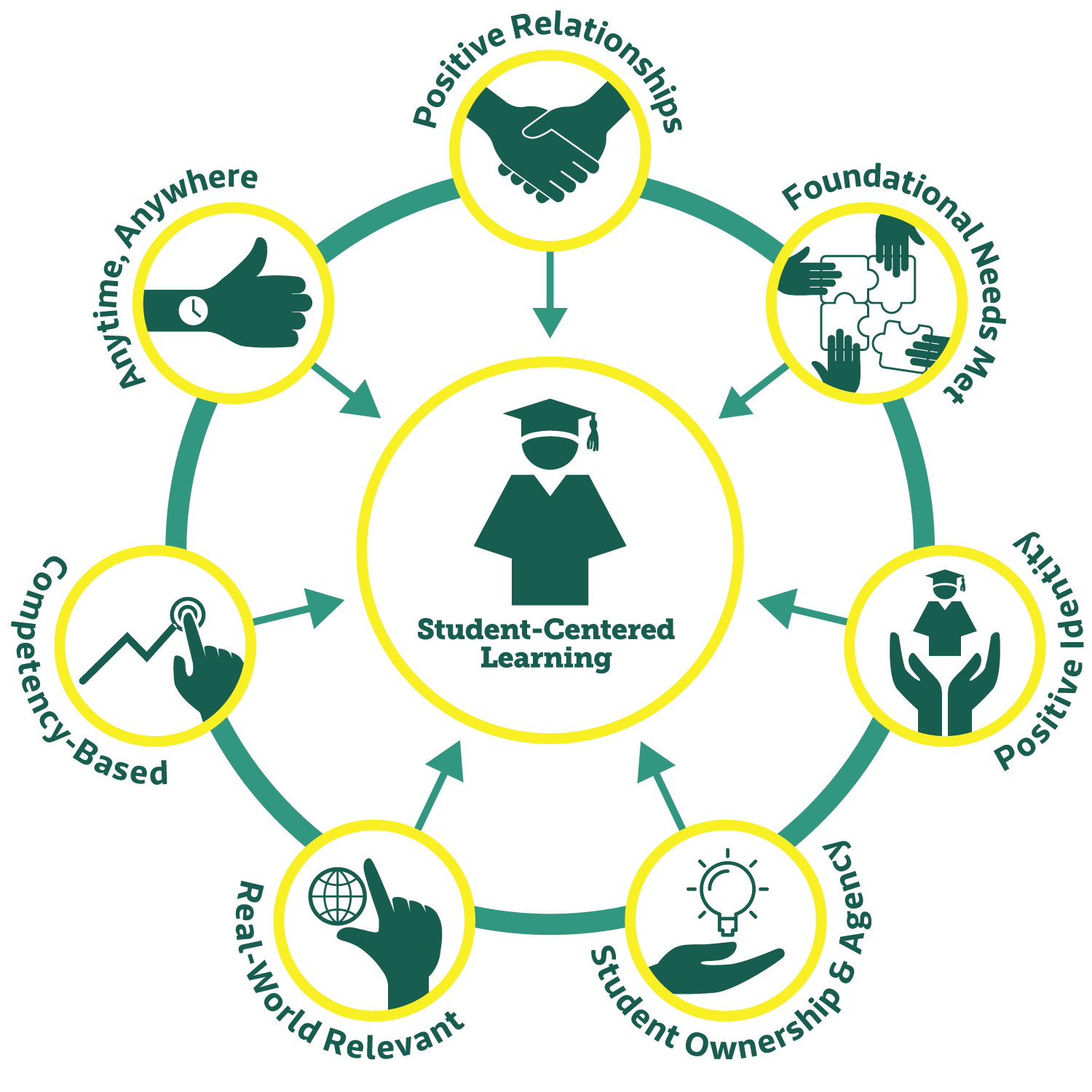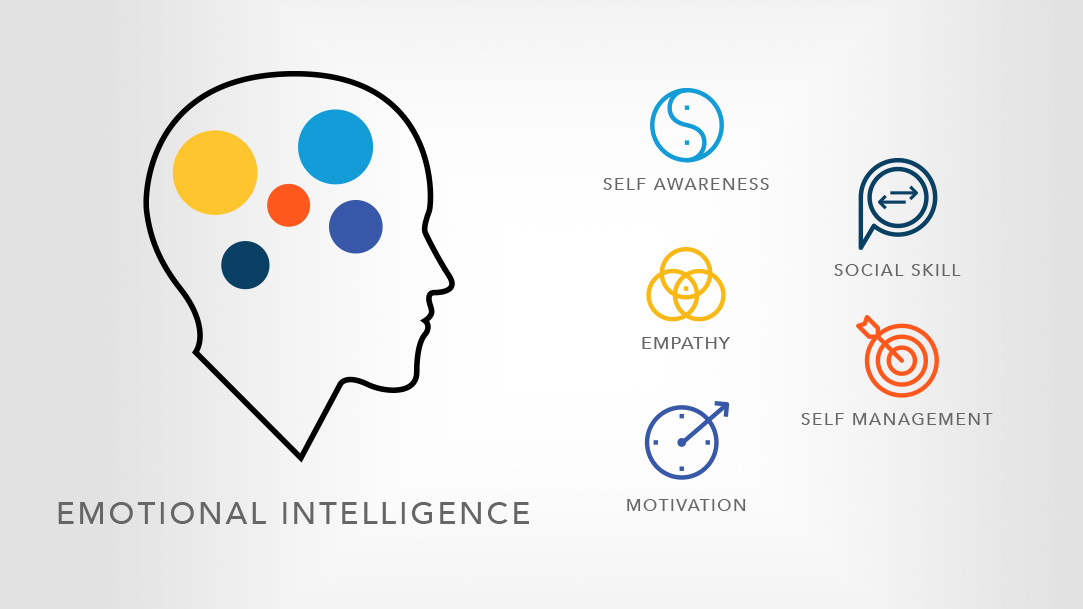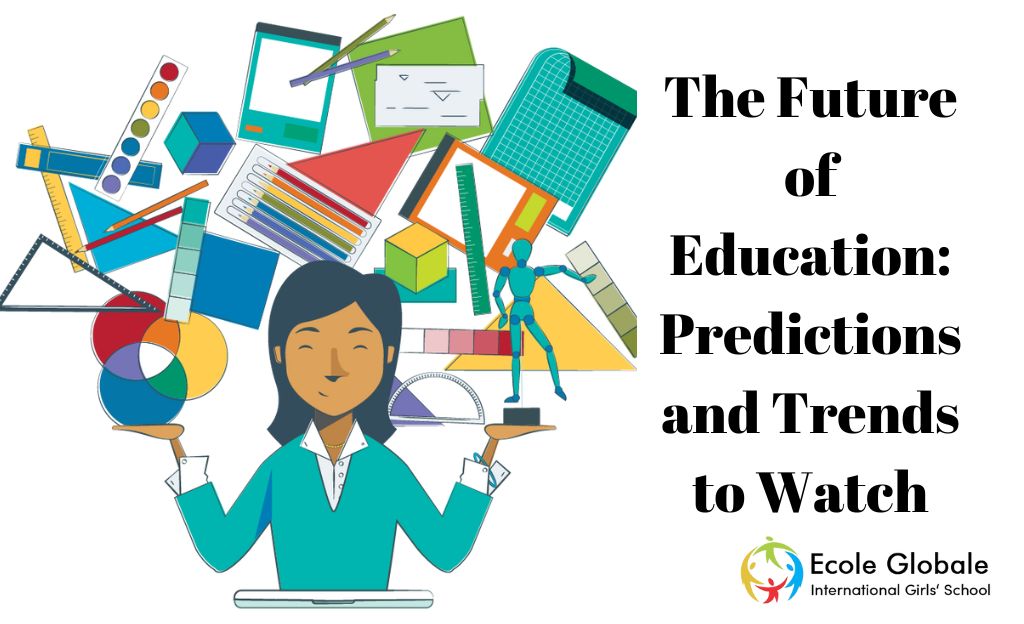We are living in exciting times. We have at our fingertips an unprecedented wealth of knowledge and information, and a platform upon which to advance it further. But the Future of Education doesn’t just rest on what we know or can accomplish with the tools we have or are inventing.
In many ways, we’re going to need a new breed of thinkers, one that is well-versed in the sciences and capable of applying those skills in their endeavors. This is where today’s youth come in, for they will be tomorrow’s innovators. And STEM education will be key to preparing them for their potential roles.
Technological Advances and Integration
As per research conducted by the Best International Schools in India, With all of the technological trends in education, it’s worth reflecting on what we have learned so far. As technology continues to evolve, it’s important to consider how these innovations impact education and learning.
Harvard Business Review recently published an article, “The Future of Education: Predictions and Trends to Watch,” that includes predictions and trends they believe are shaping the future of education. The article discusses possible advancements in artificial intelligence (AI), virtual reality (VR), and augmented reality (AR) technologies, as well as online education platforms.
From this information, I’ve pulled the main points from each section to give you a summary of their ideas on where education is heading.
Personalized and Student-Centered Learning

Emphasis on individualized learning plans
In a world where students are increasingly connected, the opportunities for personalized learning are endless. Teachers can use online tools to create customized lesson plans based on each student’s interests and goals, while also providing individual feedback and support.
Classrooms can be designed to maximize collaboration and creativity through group projects, while still allowing time for each student to work independently on their own individual learning plan.
The future of education is a constantly evolving field, with new technologies, pedagogical approaches, and societal changes all shaping the way we teach and learn.
Use of data analytics to track student progress
The future of Education in the increased use of technology in schools has led to an increase in data collection, making it easier than ever before to track the progress of each student’s learning process throughout the year.
This allows teachers to identify areas where students might need extra help or guidance so they can provide just that, without wasting precious classroom time.
Student-driven and collaborative learning experiences
In addition to using data analytics as a tool for tracking progress and identifying areas where students may need help, it should be used as a means for giving students more control over their learning process by providing them with resources like online tutoring services or other supplementary materials so they can pursue their own unique interests outside to future of education.
Focus on Soft Skills and Emotional Intelligence

In this section, we will discuss the following topics:
Another survey done by Top Schools in India shows that Focus on soft skills and emotional intelligence. Emotional intelligence is an important factor in success, and it can be improved through practice. As such, we will see a focus on soft skills (e.g., communication, teamwork, leadership) as well as emotional intelligence in education.
The future of education in the Development of communication skills. The ability to communicate effectively is one of the most important skills in any workplace or environment. Students will learn how to communicate with others in the classroom and beyond, including how to present their ideas effectively and persuasively and how to listen actively when others are speaking.
The future of education in the Development of teamwork skills. As team-based projects become more common in higher education, students will learn how to work effectively with others toward a shared goal. They will also learn how to resolve conflicts within teams as well as between teams when necessary.
The future of education in the Development of leadership skills. Leadership skills are essential for success not only at work but also in all areas of life—from making friends at school to being appointed captain of a sports team or student council representative for your class or dormitory hall. Students will learn about leadership through both theory and practical application so that they can apply these concepts after graduation.
The Shift Toward Experiential and Project-Based Learning

The future of education Student-centered learning is a growing trend. The shift towards experiential and project-based learning has been driven by the need for students to be better prepared for the real world.
Hands-on, real-world learning experiences
future of education in Students is more likely to remember information that they discover on their own, rather than being taught it by someone else. In order to get students thinking critically about real-world issues, educators need to give them the opportunity to learn through hands-on activities and projects. This can be done through a variety of mediums, including field trips, internships, or even simulations within the classroom setting.
Emphasis on problem-solving and critical thinking
The future of education is Rather than just focusing on memorization of facts, schools are increasingly emphasizing critical thinking skills such as problem-solving. These skills have become increasingly important in an uncertain economy where there are few guaranteed jobs and many more applicants than positions available. For example, instead of simply teaching students how to calculate how long it takes for a train traveling at 30 miles per hour to go from one city to another city 50 miles away, educators can ask them what would happen if they were late getting on board. How long would it take you?
Conclusion
The future of education and the predictions in this section are based on trends that are already occurring. Neither education nor the world will completely change overnight, but it is important to notice these trends and take action before their full impact is felt. As history has shown us: by taking action now, we can shape the future for the better.
For any queries related to parenting, schooling, or any student-related tips, click here to check out our latest blogs.






